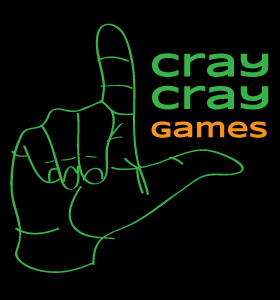We played the revisited version of the game we concept-tested a couple of weeks ago.
We played with 6 people so there were 2 of each of kind, wicked and fickle neighbors.
One of the players was extremely meticulous in her keeping track of questions asked of other players and the way they played their action cards and she pretty much figured out who everyone was. No one else got anywhere near as close as she did to figuring out identities.
Of course, there was no incentive to do that, so we’re going to work on figuring out what might interest players in identifying other players and if they do, what reward might make the most sense.
We also discovered that it’s pretty easy to throw off missions so that their proper values are not attained — which leads to a victory for the Fickle Neighbors.
Mission Adjudication
Two missions are played, simultaneously, each round. The player with the First Turn Token (FTT) is the team leader and picks a team (half of the players) that he thinks will enable him to meet or exceed the mission’s value. Mission values range from 1 to 3 points and players play kind or wicked deed actions. Kind neighbors score if the net value of deeds played lean toward kind. Wicked Neighbors score if it leans toward wicked and if the value isn’t met, it is a score for the Fickle neighbors. Essentially, the net value of kind/wicked deeds played needs to be at least as much as the mission’s value.
It was a good game and it was fun while providing a LOT of feedback to consider before we play it again.


